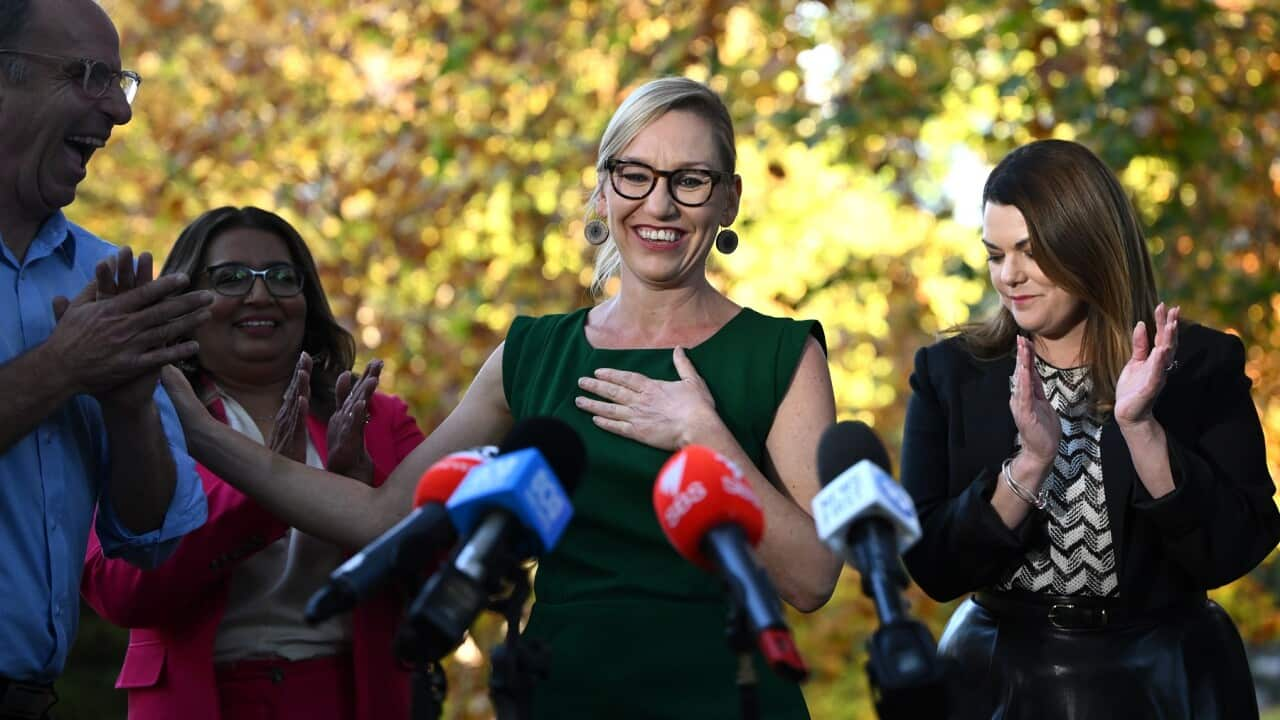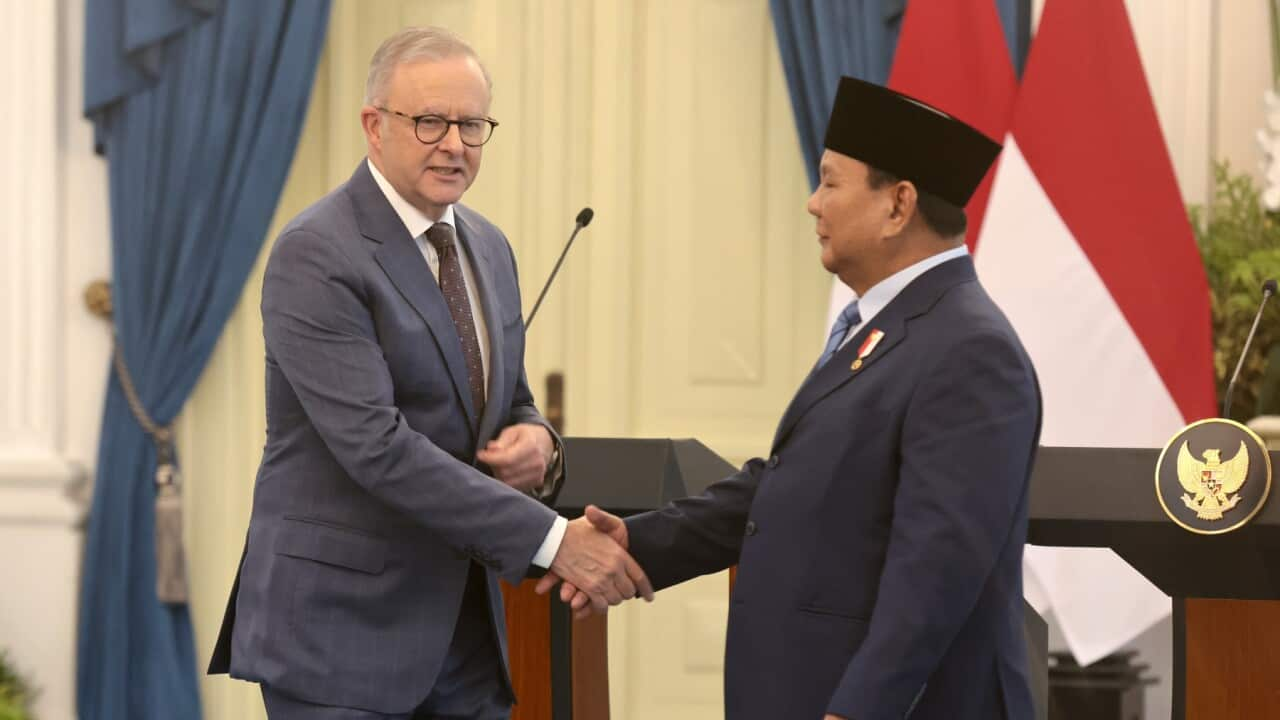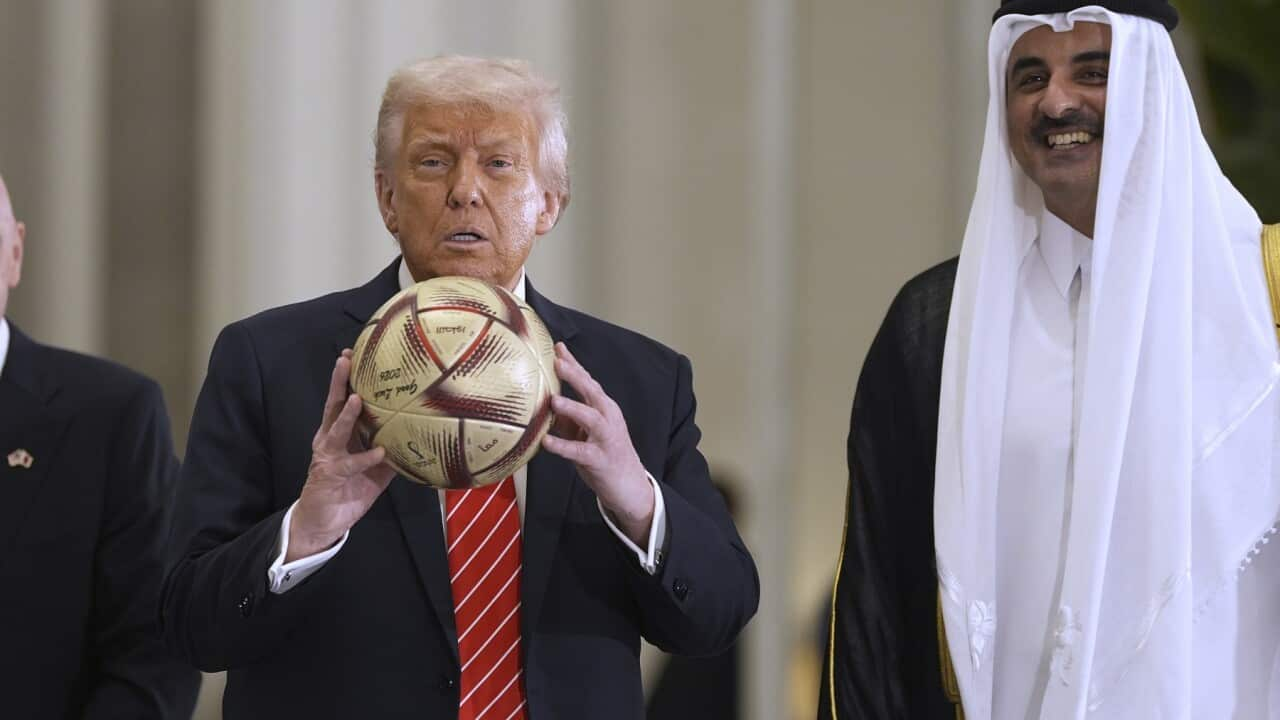TRANSCRIPT
Israel's Prime Minister Benjamin Netanyahu has re-affirmed his government's intention to eliminate Hamas completely.
Speaking to visiting White House national security adviser Jake Sullivan, Mr Netanyahu said he was pursuing 'absolute victory'
“I greatly appreciate the US support for Israel in the supply of munitions for the Israeli army, in blocking the attempts at the UN to stop the fighting and in the assistance in returning our hostages. I would like to clarify: the return of our hostages is a main goal. We are not relenting in our efforts even for a moment, even at this moment. I told our American friends: our heroic soldiers have not fallen in vain. Out of the deep pain of their having fallen, we are more determined than ever to continue fighting until Hamas is eliminated – until absolute victory.”
Back in Washington, at a regular White House press briefing, U-S National Security Advisor John Kirby said Mr Sullivan had spoken with Mr Netanyahu about lowering the intensity of the campaign in Gaza.
“Ah obviously, one of the things that Jake did talk to him about was progress in the war and where the Israelis think it's going to go. He did talk about possible transitioning from what we would call high-intensity operations, which is what we're seeing them do now to lower-intensity operations some time, you know, in the near future. But I don't want to put a time stamp on it. I think you can understand it. The last thing we want to do is telegraph to Hamas what they're likely to face in coming weeks and months.”
Israel's Minister of Defence, Yoav Gallant, says the war against Hamas is likely to be a long one.
“The Hamas is a terror organisation that built itself for a decade to fight Israel, and they built infrastructure under the ground and on (above) the ground. And it is not easy to destroy them. It will take and require a long period of time - it will last more than several months, but we will win and we will destroy them.”
Meanwhile the bombing of Gaza by Israeli war planes has continued.
Journalist Anas Al-Sherif is in the residential district of Jabalia in Gaza.
“The bombardment has not stopped since last night up to this morning, and until this very second. We were preparing yesterday's report when the occupation planes targeted an entire residential block here in Jabalia.”
Palestinian Prime Minister Mohammad Shtayyeh has called for international intervention to end the decades-long conflict.
He says the United States, the country with the most regional influence, had so far failed to use that influence effectively.
He says the conflict between Israel and the Palestinians is decades old, and positive action needs to be taken to achieve a two-state solution.
“Today what is needed is for the United Nation Security Council to say with a very clear timetable that this Israeli occupation that has occurred on the Palestinian territories since 1967 should end, and this is the timetable that should be given to the Israelis, to the Palestinians, to end this conflict.”
The humanitarian crisis in Gaza continues to worsen.
United Nations World Food Program Director Carl Skau says nine out of ten people are not eating enough, are not eating every day, and don't know where their next meal is going to come from.
He insists a ceasefire is desperately needed and explains the current situation is untenable:
“Two million people have been displaced. And so this category of refugees and others doesn't really make much sense from an operational point of view at the moment. Nor can we continue to do the delivery through vouchers and cash, as I explained, because the shops are empty. There is no commercial goods coming in. And of course, you know, the distribution points that UNRWA [United Nations Relief and Works Agency] were using are now overcrowded and needs to respond in a completely different scale. And also, our staff has been displaced and are not able to work to the, in the same way that they were in the past. So, I think, you know, yes, indeed, we had a serious operation already before. But what we are now facing is something completely different.”
Meanwhile Australia is yet to decide whether it will honour a request from the United States to send a warship to the Red Sea.
The U-S Navy wants the vessel to join an international task force, following an increasing number of attacks on ships by Iran-backed militias trying to disrupt supplies.
Defence Minister Richard Marles says no decision has been made, but Australia's military priorities lay in the Asia Pacific region.
“Australia has been part of the combined maritime force for a long time. We've got personnel who are embedded there right now and in the past we have had navy vessels be deployed to that region. We'll consider this request in due course. But I would note that the focus of our naval efforts right now are on our immediate region.”













